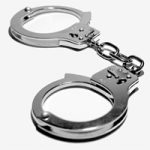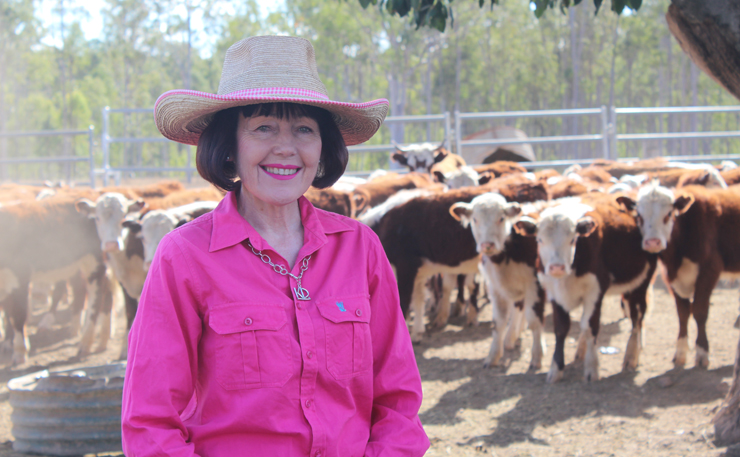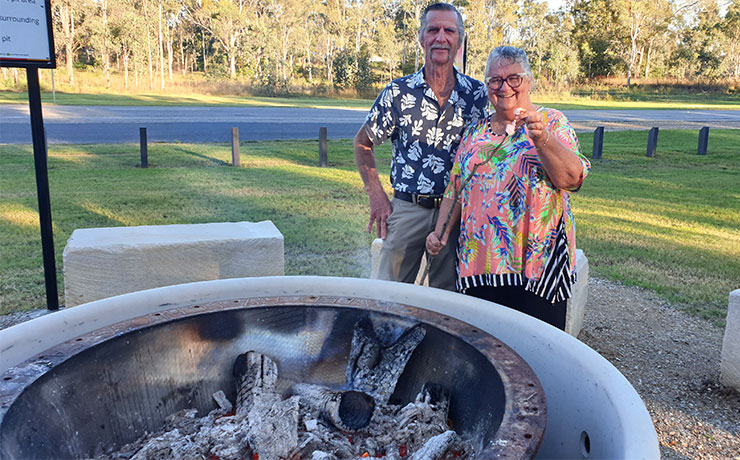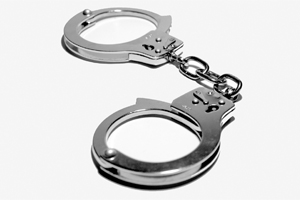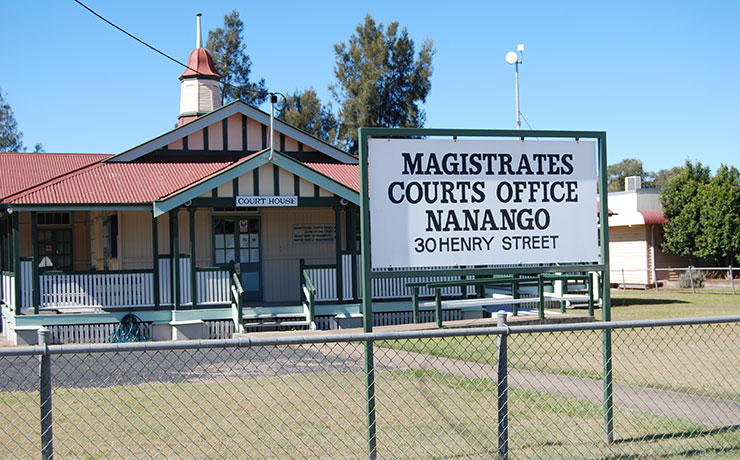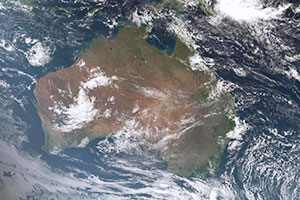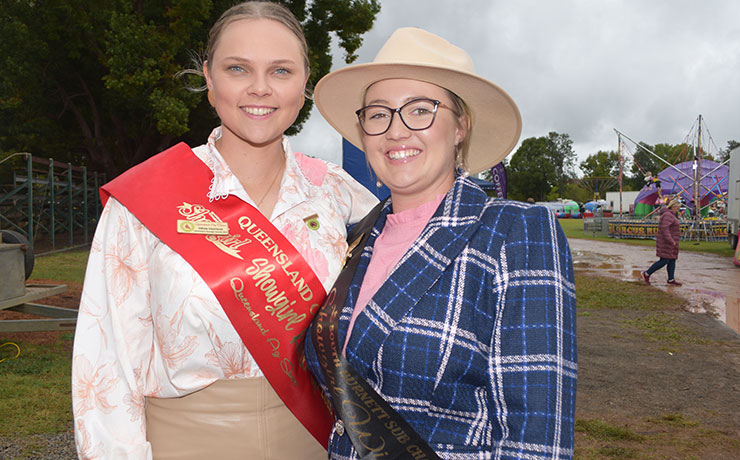May 17, 2013
Biosecurity Queensland has quarantined a property on the Southern Downs after a horse tested positive to Australian Bat Lyssavirus (ABLV) – the first time this has been recorded.
Chief Biosecurity Officer Dr Jim Thompson said the horse was euthanased on May 11 after falling ill.
“It tested negative for Hendra virus infection but further testing returned a positive result for ABLV,” he said.
“Another horse showing similar symptoms was euthanased at the same property five days earlier.
“There are 20 other horses on the property. The vet involved in both cases used personal protective equipment and took appropriate precautions.
“The site will remain under quarantine while further testing is conducted on the remaining horses.
“ABLV is carried by bats and flying foxes.”
Staff from the Darling Downs Hospital and Health Service Public Health Unit will visit the property to assess the situation and identify any people potentially exposed to the horse to determine whether any post-exposure treatment is required.
Chief Health Officer Dr Jeannette Young said it was important to remember that human cases of Lyssavirus are incredibly rare.
“There have only been three recorded cases in Australia, all in Queensland, and sadly, all three people passed away,” Dr Young said.
“All three cases were the result of direct exposure to bats with Lyssavirus. This is the first case where Australian Bat lyssavirus has been identified in a horse, although we know from overseas that horses can be infected with rabies. There is a theoretical possibility that transmission to humans could occur.
“We do however have a preventative treatment that is effective in any person not displaying symptoms of the virus.
“Warwick and Toowoomba Hospitals will provide a free course of this preventative treatment to anyone who public health staff determine was in close contact with the dead horse resulting in a risk of exposure to the virus. Simply patting a horse would not constitute exposure.”
People who have had a potential exposure to ABLV require an injection of rabies immunoglobulin and a series of four rabies vaccine injections.
Anyone with a weakened immune system will require a further (fifth) dose of vaccine and follow up blood tests to confirm their immunity.
This course of treatment is also known as post-exposure prophylaxis.
Any Darling Downs local who believes they have been in direct contact with, or in close proximity to the horse, should contact 13-43-25-84 for advice.












